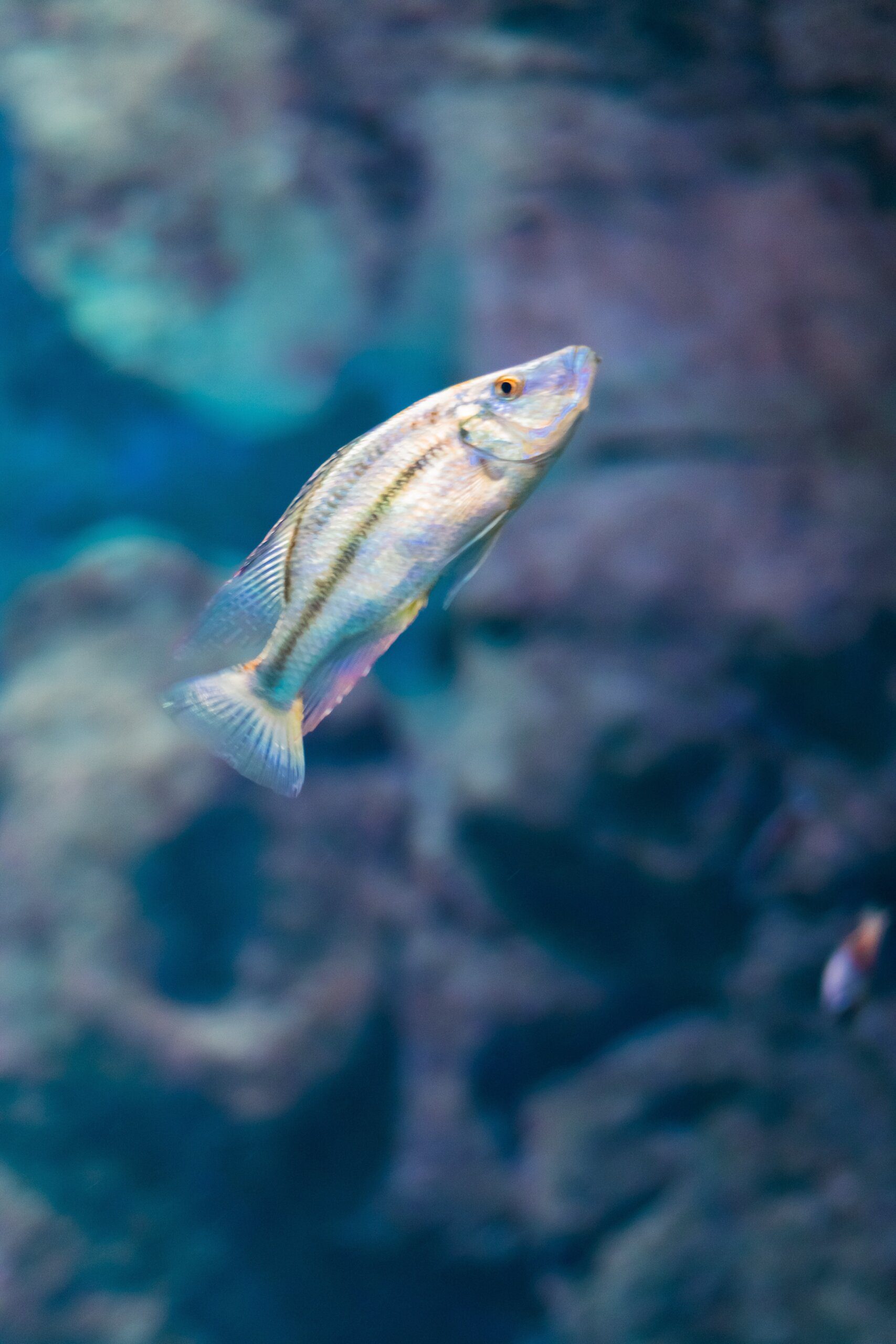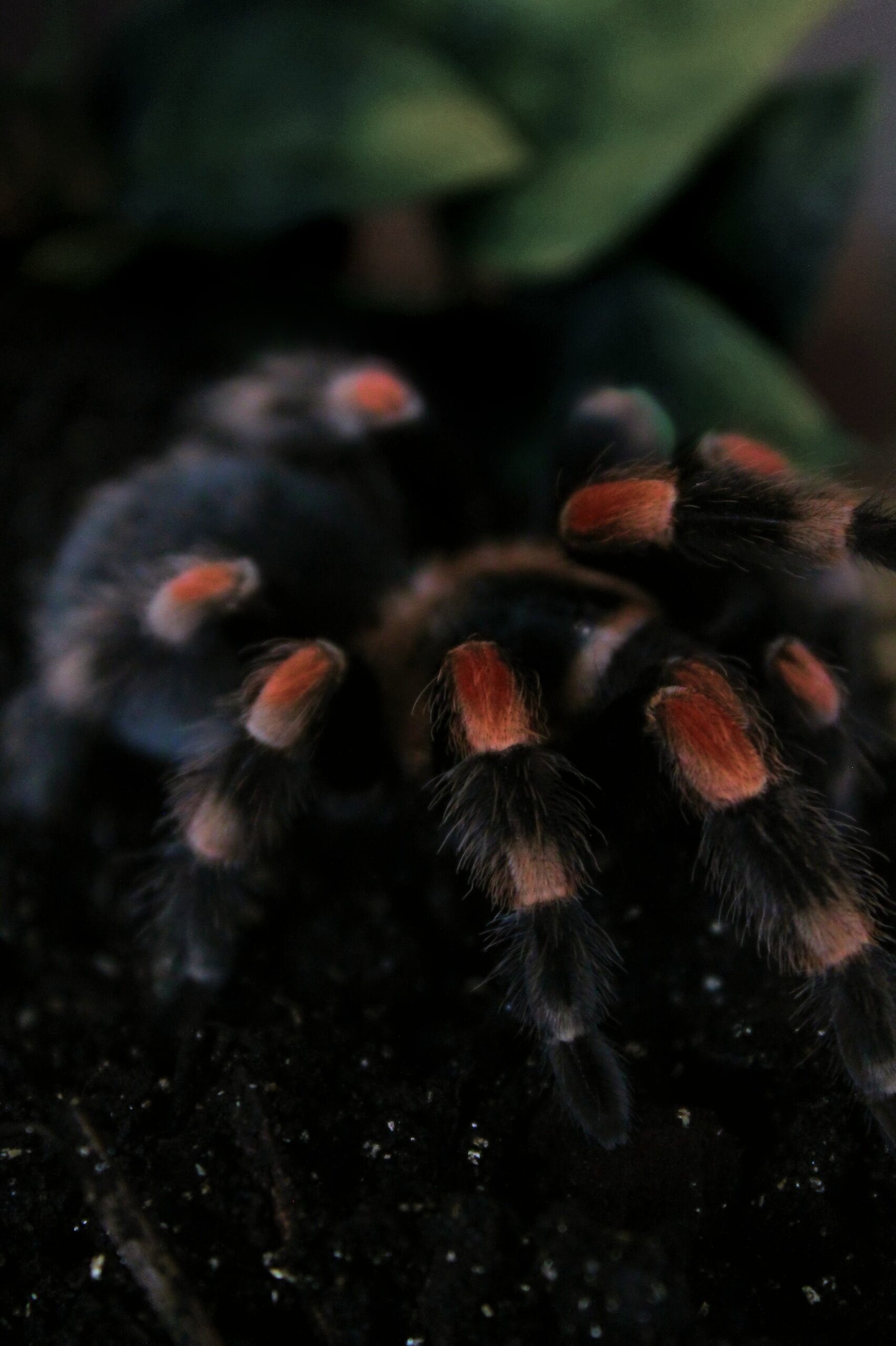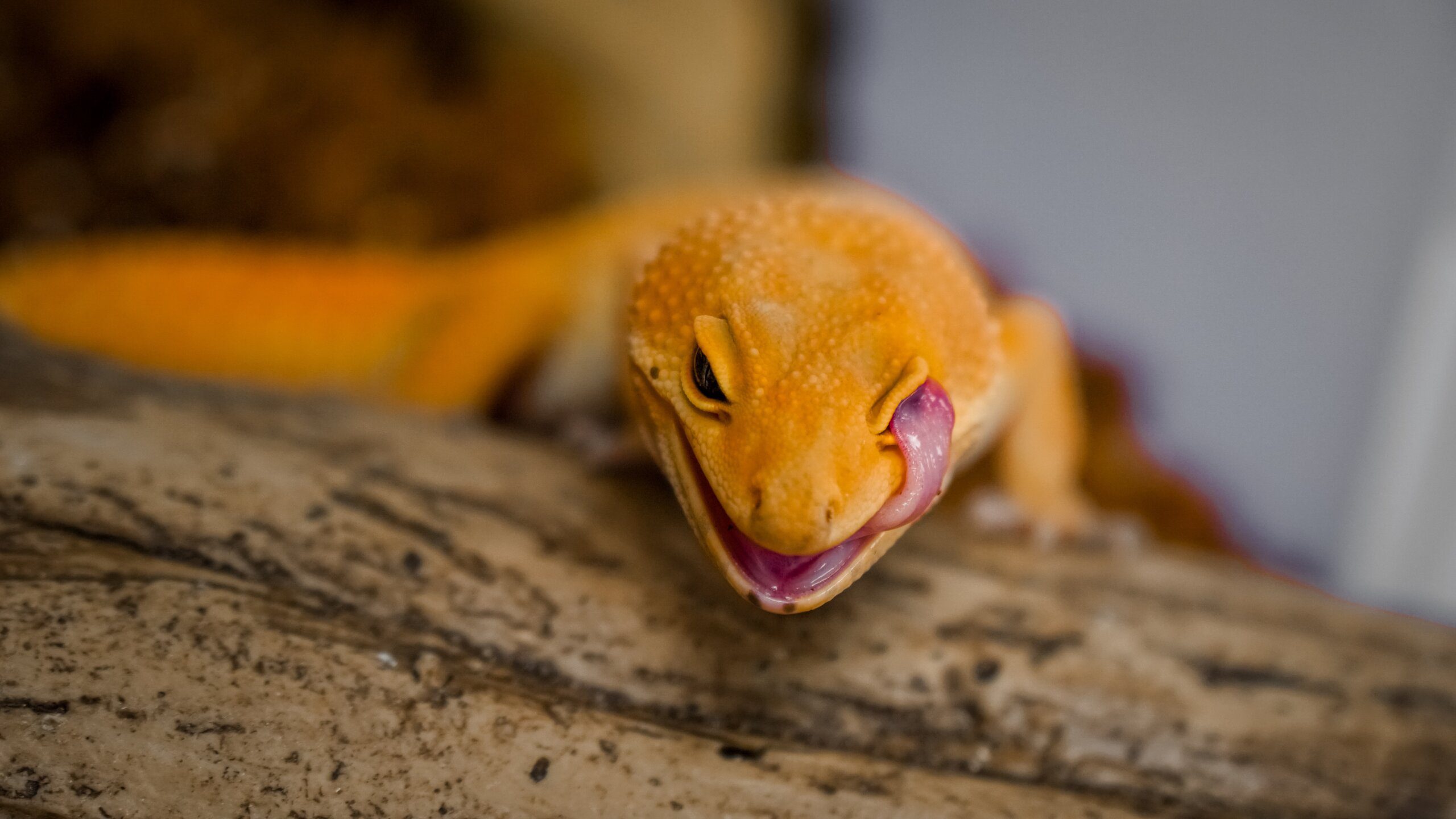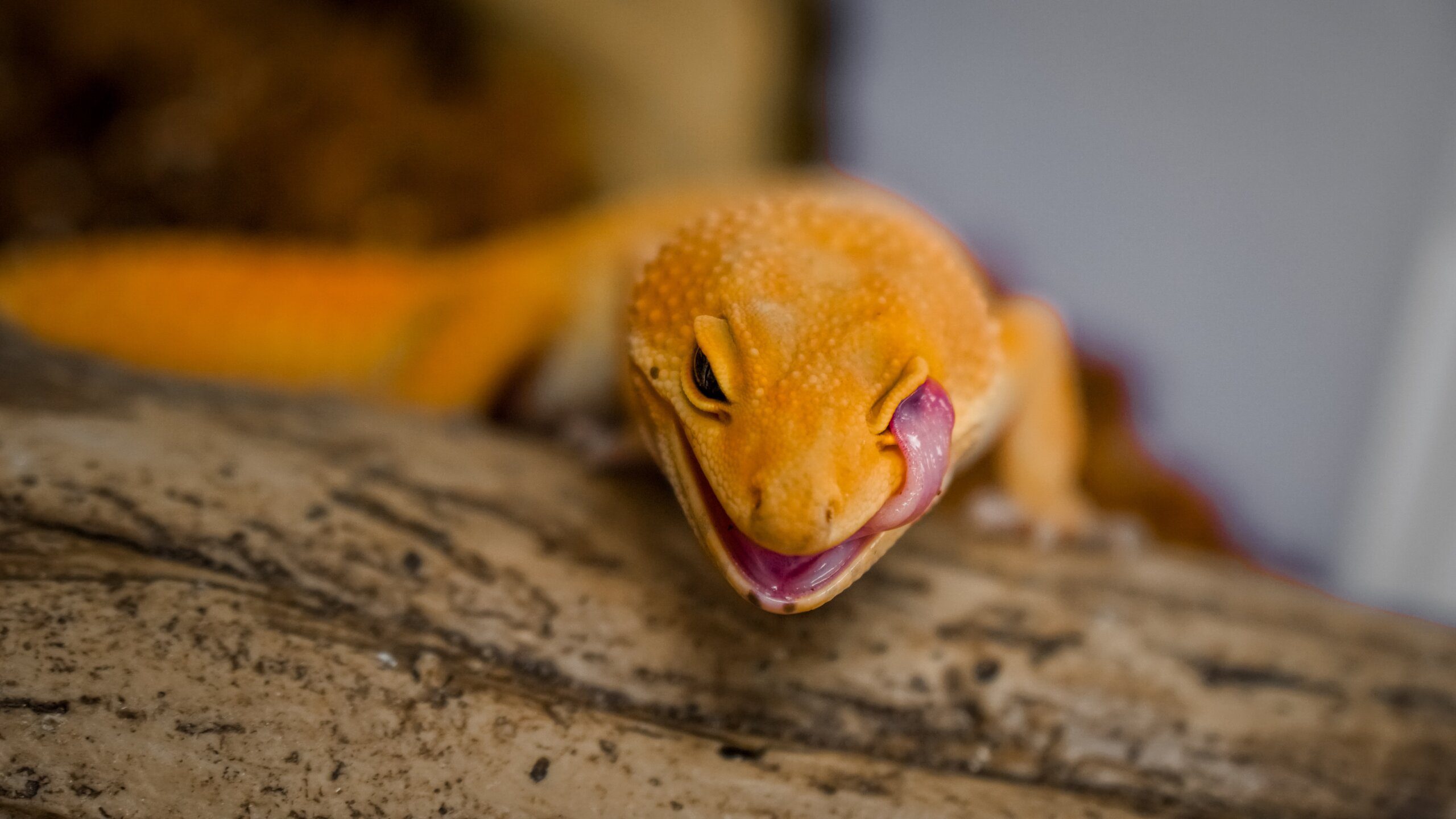Have you ever wondered if it’s legal to have a pet capybara in the UK? Well, the answer might surprise you. In this article, we’ll explore the rules and regulations surrounding owning these fascinating creatures as pets in the UK. From the adorable capybara’s origins to the legalities of ownership, we’ll uncover all the information you need to know before you head out to find your very own capybara companion. So, let’s dive right in and discover if having a pet capybara is within reach for UK residents.

Background on Capybaras
Capybaras, known as the world’s largest rodent, have gained popularity as unique and fascinating pets. Native to South America, they have captured the hearts of many animal enthusiasts with their endearing appearance and sociable nature. However, before considering owning a capybara as a pet in the UK, it is essential to understand their physical characteristics, natural habitat, and behavioral traits.
Physical Characteristics of Capybaras
Capybaras are robust creatures, resembling oversized guinea pigs. They typically measure around one meter in length and can weigh up to 70 kilograms, making them quite substantial. With a barrel-shaped body, short legs, and a small, rounded head, capybaras boast a unique appearance. Their fur is coarse and can vary in colors, ranging from reddish-brown to dark brown. Notably, they possess webbed feet, allowing them to maneuver effortlessly and skillfully in aquatic environments.
Natural Habitat of Capybaras
Originating from the lush marshlands, savannas, and densely vegetated areas of South America, capybaras thrive in tropical climates. Often found close to bodies of water such as rivers, streams, and lakes, they are excellent swimmers and have the ability to stay submerged for extended periods. These semi-aquatic creatures depend on water for thermoregulation, cooling themselves off in the scorching heat by taking frequent dips. They are herbivores, grazing on an array of grasses, aquatic plants, and fruits.
Behavioral Traits of Capybaras
Perhaps one of the most fascinating aspects of capybaras is their social behavior. They are highly gregarious animals, living in groups known as “herds,” consisting of up to 100 individuals. These tight-knit communities are usually led by an alpha male, who ensures the safety and well-being of the group. Capybaras exhibit remarkable adaptability and are known to peacefully coexist with other species, including birds and smaller mammals.
Regulations on Exotic Pets in the UK
Before delving into capybara ownership in the UK, it is crucial to understand the regulations and laws surrounding exotic pets.
Overview of Exotic Pet Laws
In the UK, the ownership of exotic pets is carefully regulated to protect both the welfare of the animals and public safety. The government has implemented legislation to ensure that individuals who choose to keep exotic animals meet stringent standards for their care and environments. These laws aim to prevent the illegal trade, mistreatment, and abandonment of such creatures.
Classification of Capybaras as Exotic Pets
Capybaras fall under the category of exotic pets in the UK. As non-native species, their ownership is subject to specific regulations outlined by the government. The classification of capybaras as exotics reflects the need for special considerations and safeguards due to their unique requirements and potential impact on the environment.
CITES Regulations for Capybaras
Capybaras are protected under the Convention on International Trade in Endangered Species of Wild Fauna and Flora (CITES). This international agreement ensures that wildlife trade does not endanger the survival of endangered or vulnerable species. For capybaras, this means that any import or export of these animals requires the appropriate permits to ensure their legal acquisition and transport.

Ownership Restrictions and Requirements
While owning a capybara may seem tempting, it is crucial to understand the ownership restrictions and requirements in place.
Possession and Sale of Capybaras
In the UK, capybaras are considered “dangerous wild animals” under the Dangerous Wild Animals Act 1976. This means that individuals must obtain a license from their local authority to possess and sell capybaras. The possession or sale of these creatures without a valid license is illegal and can result in severe penalties.
Licenses and Permits
Obtaining a license to keep a capybara requires meeting specific criteria set by the local authority. These criteria typically include demonstrating adequate knowledge and experience in handling and caring for exotic animals, providing appropriate housing and welfare provisions, and ensuring public safety. Prospective owners should be prepared to undergo inspections and assessments to ensure compliance with the necessary standards.
Welfare of Capybaras in Captivity
The welfare and well-being of capybaras in captivity are of paramount importance. Potential owners must recognize that these animals have particular needs and must be provided with suitable enclosures, nutrition, and environmental enrichment. It is recommended that capybaras are kept in spacious outdoor enclosures with access to swimming areas and a diet that closely matches their natural feeding habits.
Risk Assessment and Controversies
Before bringing a capybara into your life, it is crucial to consider the potential risks associated not only with owning these animals but also the impact they can have on the environment.
Potential Risks Associated with Pet Capybaras
While capybaras are generally docile and social animals, it is important to remember that they are still wild creatures with natural instincts. Their large size and powerful teeth can pose risks, especially if they feel threatened or provoked. Owners must have a comprehensive understanding of capybara behavior and be prepared to address any potential risks, ensuring the safety of both the animal and those within their surroundings.
Environmental Impact Concerns
Capybaras can have various environmental impacts, particularly if not properly managed. As herbivores, they have the potential to cause damage to vegetation and agricultural crops if allowed to roam freely. Owners must take precautions to mitigate these risks, including appropriate fencing and supervising their pet’s access to vegetation-rich areas. Furthermore, attention must be given to preventing any potential escape, as the presence of capybaras in the wild could disrupt local ecosystems.
Controversies Surrounding Capybara Ownership
The ownership of capybaras as pets is not without controversy. Some argue that these creatures are best left in their natural habitats, where they can enjoy a life that closely resembles their wild existence. Additionally, concerns have been raised about the potential increase in demand for capybaras leading to illegal wildlife trafficking. Advocates for capybara ownership, on the other hand, emphasize the responsible ownership and the educational value of caring for a unique and misunderstood animal.

Alternatives to Capybara Ownership
Considering the unique challenges and restrictions associated with owning capybaras, it is worth exploring alternative pet options, both for individuals who cannot obtain a license or those seeking a similar experience.
Similar Domesticated Rodents
While capybaras are indeed captivating creatures, there are other domesticated rodents that provide similar companionship and joy. Guinea pigs and rabbits, for example, can offer a rewarding pet-owner relationship while being smaller in size and more suitable for home environments. These animals require less space, are generally easier to care for, and do not pose the same challenges as capybaras.
Legal Exotic Pets in the UK
For those yearning to keep exotic pets, there are various legal options in the UK. From reptiles like corn snakes and bearded dragons to amphibians like African clawed frogs, there is a diverse range of captivating species available for responsible ownership. Prospective owners should thoroughly research the specific needs and requirements of these animals to ensure their health, welfare, and legal compliance.
Considerations for Responsible Pet Ownership
Whether opting for a traditional domesticated pet or exploring the realm of exotic animals, responsible ownership remains a crucial consideration. Potential pet owners should assess their ability to provide appropriate care, time, and resources to meet the needs of any animal they bring into their home. Additional factors, such as financial commitments, lifespan, and compatibility with the family’s lifestyle, should be carefully evaluated before making a decision.
Importation and Quarantine Procedures
The process of importing capybaras into the UK involves strict regulations and procedures to ensure the animals’ health, welfare, and legal compliance.
Importation Regulations for Capybaras
To import a capybara into the UK, it is necessary to adhere to the rules set forth by the Animal and Plant Health Agency (APHA). These regulations cover the importation of animals to prevent the introduction of diseases and maintain the health of both the imported animals and the domestic livestock. Prospective importers must follow the guidelines, which involve obtaining necessary permits, health certifications, and compliance with biosecurity measures.
Quarantine Procedures for Imported Capybaras
Upon arrival in the UK, imported capybaras are subject to specific quarantine procedures to further ensure they are free from diseases and pose no risk to the domestic animal population. Quarantine facilities, licensed by the government, provide the necessary environment and care during this period. Capybaras undergo regular health checks and examinations to determine their suitability for release into the country.
Penalties for Illegal Capybara Ownership
Consequences for owning a pet capybara without the required licenses and permits in the UK can be severe, warranting a thorough understanding of the potential penalties.
Legal Consequences of Owning a Pet Capybara Illegally
Under the Dangerous Wild Animals Act 1976, individuals found in possession of a captive-bred capybara without the appropriate license can face hefty fines, imprisonment, or both. These penalties are in place to deter the illegal ownership and trafficking of exotic animals, ensuring the safety and well-being of both the animals and the public.
Confiscation and Rehoming of Illegal Capybaras
In cases of illegal capybara ownership, authorities have the power to confiscate the animals and rehome them in qualified facilities that can provide the necessary care. These measures are intended to protect the welfare of the confiscated capybaras and ensure that they are placed in environments conducive to their needs.
Case Studies of Capybara Owners in the UK
Exploring case studies of approved capybara owners in the UK provides insights into the joys, challenges, and legal battles associated with capybara ownership.
Approved Capybara Owners
Several individuals in the UK have successfully obtained the required licenses to own capybaras legally. These owners showcase the possibilities of establishing a legal and responsible environment for capybaras, offering insights into their husbandry practices, enclosures, and enrichment methods to provide the best possible care for their pets.
Legal Challenges Faced by Owners
Despite the legal framework in place, some capybara owners in the UK have encountered legal challenges surrounding permits and licenses. These cases serve as a reminder of the importance of thorough research, compliance with regulations, and maintaining open communication with the local authorities to prevent any conflicts or legal complications.
Public Reactions and Perception
The presence of capybaras as pets in the UK has sparked various reactions among the public. While some view them with amazement and excitement, others express concerns about the ethical implications and potential safety risks. These differing perspectives have given rise to discussions about the appropriateness of owning capybaras as domestic pets and the broader discussions of exotic pet ownership.
Expert Opinions and Advocacy
Gaining insights from expert opinions and advocacy organizations is essential in forming a well-rounded understanding of capybara ownership.
Animal Welfare Organizations’ Stance
Prominent animal welfare organizations emphasize the importance of prioritizing the welfare and conservation of capybaras. While acknowledging the potential educational value of exotic pet ownership, these organizations emphasize stringent regulations, responsible ownership, and discouraging the demand for exotic animals to protect both the animals’ welfare and their wild counterparts.
Veterinarians’ Opinions on Capybara Ownership
Veterinarians play a crucial role in ensuring the health and welfare of capybaras in captivity. Their expertise provides owners with valuable guidance on nutrition, healthcare, and overall well-being. Veterinarians often stress the necessity of appropriate enclosures, socialization, and regular veterinary care to maintain the physical and mental health of capybaras.
Debate on the Legality and Ethical Implications
The legality and ethical implications surrounding capybara ownership continue to be debated among experts, lawmakers, and the general public. Advocates argue that responsible ownership can contribute to conservation efforts and education, while critics believe that these animals are best left undisturbed in their natural habitats. This dynamic discourse calls for continued examination and reflection on the implications of exotic pet ownership.
Conclusion
The ownership of capybaras as pets in the UK demands substantial knowledge, responsible ownership, and compliance with stringent regulations. From understanding the physical characteristics and behavioral traits of capybaras to navigating the legal requirements and potential controversies, potential owners must thoroughly consider the implications of capybara ownership. By prioritizing the welfare of these unique creatures and conducting extensive research, individuals can determine whether owning a capybara is a suitable and ethical choice for them.



